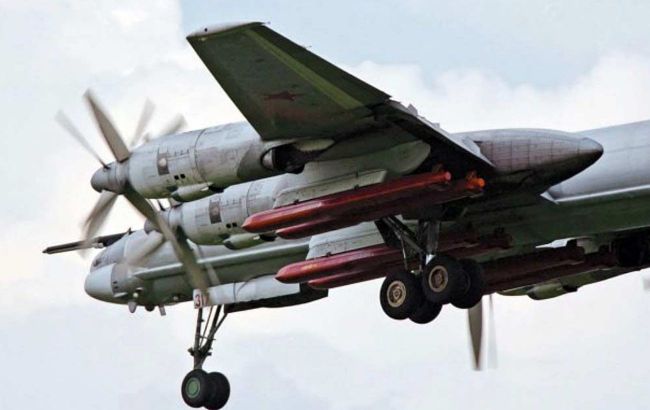US attempting to halt flow of its weapon components to Russia
 Illustrative photo: Kh-101 missile (Russian media)
Illustrative photo: Kh-101 missile (Russian media)
The US government has called on numerous American manufacturers to halt shipments to more than 600 foreign companies due to the high risk of their goods ending up in Russia, reports Reuters.
The US Commerce Department has sent corresponding letters to at least 20 companies in recent weeks. These companies produce and sell products found in missiles and drones used by Russia in the war against Ukraine.
"In the last several weeks, we've sent letters to more than 20 American companies, each containing a list of more than 600 foreign parties. In those letters, we've requested that the American companies voluntarily stop shipping to these parties due to the high risk of transshipment to Russia," said Assistant Secretary Matthew Axelrod.
According to him, senior officials from the US Commerce Department, the State Department, and the Treasury Department are also reaching out directly to the top management of American companies to discuss further steps to prevent their products from ending up in Russia.
Weapon components bypassing sanctions
Despite the prolonged Western sanctions against the Russian Federation, dozens of components continue to be found in missiles and drones used by the terrorist Putin regime against Ukraine, manufactured in "free world" countries.
Recently, Ukrainian President Volodymyr Zelenskyy stated that at least 49 types of components not produced by Russia have been found in Russian Kinzhal missiles and at least 53 types of such components in Kh-101 missiles. He called for expanding sanctions and ensuring accountability for schemes to bypass them.
For example, Lithuanian authorities announced in early March that some Lithuanian companies are aware that they are helping Russian enterprises bypass sanctions but continue to cooperate with them.
In Czechia, it was previously stated that Russian special services, as before, are active in Europe and assist in bypassing European Union sanctions.

